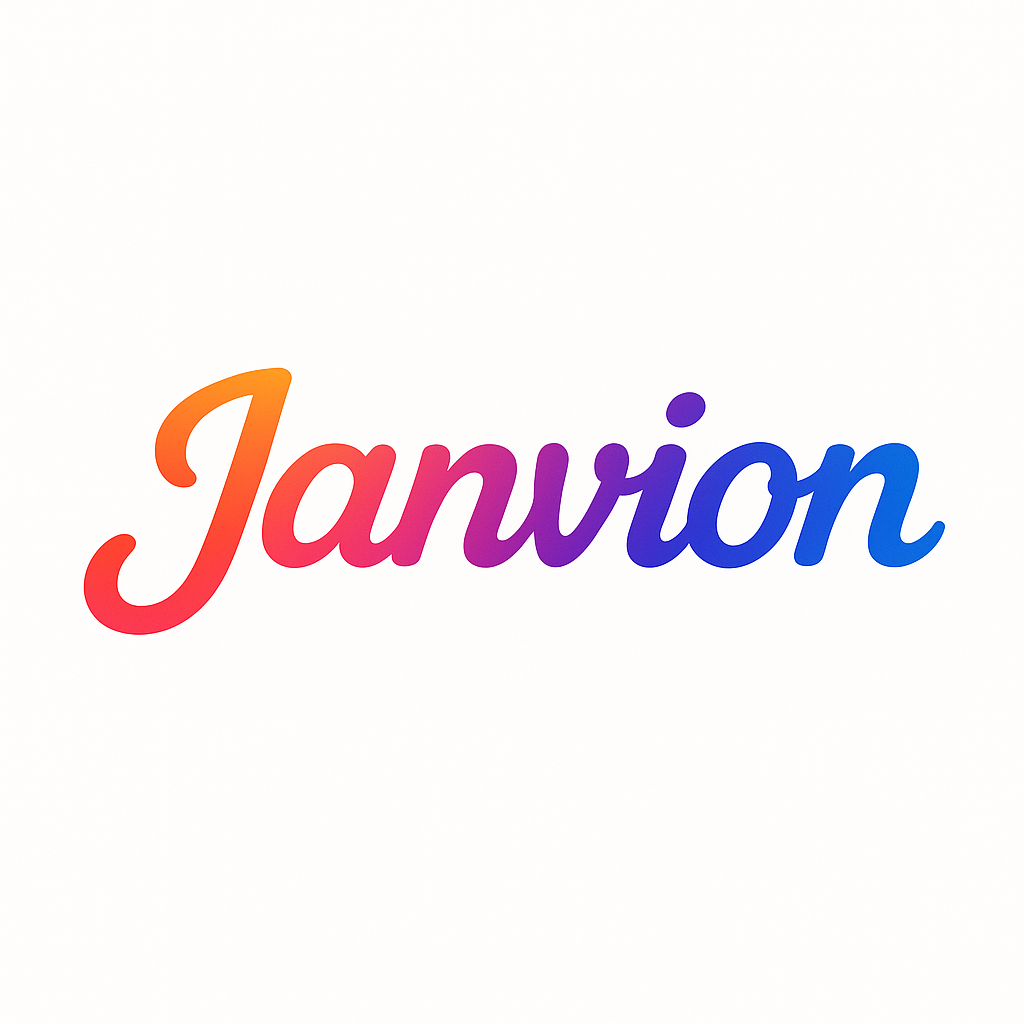For too long, the sales profession has been plagued by a pervasive misconception: that success hinges solely on a charismatic personality, a silver tongue, or the innate “gift of gab.” While excellent communication certainly plays a role, this outdated stereotype completely misunderstands the complexities and demands of modern selling. In today’s highly informed, buyer-driven landscape, true sales success requires a far more sophisticated, nuanced, and strategic set of qualities that extend well beyond just persuasion.
The top-tier sales professionals of today are not just talkers; they are listeners, problem-solvers, strategists, and trusted advisors. We delve into the indispensable core qualities that genuinely differentiate a successful salesperson in the 21st century.
1. Exceptional Communication & Active Listening: The Foundation of Connection
The ability to articulate clearly and persuasively is undoubtedly important, but in modern sales, active listening is even more crucial. It’s the bedrock upon which all other communication is built.
- Beyond Talking: Many mistakenly believe good salespeople talk a lot. The best ones, however, speak only after they have truly understood. Active listening means fully concentrating on what the customer is saying (and not saying), asking clarifying questions, and reflecting their understanding back to them. It’s about seeking to understand, not just waiting for your turn to speak.
- Impact: This quality allows salespeople to uncover the customer’s true pain points, unarticulated needs, and underlying motivations. It helps tailor conversations, position solutions relevantly, and build immediate rapport and trust. When the customer feels heard and understood, they are far more receptive to your message.
- Articulate Expression: Once the needs are understood, effective communication shifts to clearly and concisely articulating your value proposition. This involves translating features into benefits, using compelling storytelling, and adapting your message to resonate with the specific audience, whether it’s a technical buyer or a C-suite executive.
2. Empathy and Emotional Intelligence (EQ): The Human Connection
In an increasingly automated world, the human element becomes even more critical. Empathy and Emotional Intelligence (EQ) enable salespeople to connect on a deeper, more meaningful level.
- Defining Empathy: Empathy is the ability to understand and share the feelings of another. In sales, it means stepping into the client’s shoes, appreciating their business challenges, personal pressures, and the potential impact your solution (or lack thereof) will have on their world.
- Defining EQ: EQ encompasses self-awareness (understanding one’s own emotions), self-regulation (managing emotions), motivation (internal drive), social awareness (understanding others’ emotions), and relationship management (building strong connections).
- Impact in Sales: High EQ allows salespeople to navigate complex client dynamics, anticipate unspoken concerns, respond to objections with understanding rather than defensiveness, and build genuine trust. It enables them to tailor their approach not just to the business need, but to the personality and emotional state of the individual they are engaging with, ultimately leading to more ethical and mutually beneficial outcomes.
3. Resilience and Persistence (Embracing Rejection): The Indomitable Spirit
Rejection is not just a possibility in sales; it’s a certainty. The ability to endure setbacks and maintain forward momentum is a defining characteristic of successful salespeople.
- The Reality of Rejection: Top performers understand that “no” is an inevitable part of the sales process. It’s rarely personal but often a reflection of timing, budget, or fit.
- Resilience: This quality is about bouncing back quickly from disappointment, learning from a lost deal or unanswered call, and not allowing negative experiences to derail future efforts. It’s about maintaining a positive outlook and an unwavering belief in your product and process.
- Persistence: It’s the consistent, intelligent effort to follow up, nurture leads, and overcome obstacles. It means not giving up too soon, but also knowing when to qualify out gracefully, thereby avoiding wasting time on opportunities that genuinely aren’t a fit. This duality of persistent effort and knowing when to let go is crucial.
4. Problem-Solving and Critical Thinking: The Consultative Mindset
Modern sales is a strategic discipline. Salespeople are not just order-takers; they are strategic partners who help clients diagnose and solve complex business problems.
- Sales as Consultancy: This quality involves going beyond a standard product pitch. It requires active listening (as discussed) to truly grasp the client’s situation, then applying critical thinking to analyze their challenges, identify root causes, and propose a solution that precisely addresses their needs.
- Strategic Alignment: It means understanding the client’s broader business objectives and showing how your offering contributes to their overarching strategy and ROI.
- Beyond Standard Pitches: Successful salespeople are adaptable. They don’t just deliver canned presentations; they innovate solutions, troubleshoot on the fly, and think creatively to customize their approach to unique client challenges.
5. Deep Product Knowledge and Industry Acumen: The Credible Advisor
In an age where information is readily available, salespeople must offer more than what a Google search can provide. They must become true experts.
- More than Features: Deep product knowledge goes beyond merely listing features. It means understanding how those features translate into tangible benefits, solve specific customer pain points, and provide a measurable return on investment (ROI).
- Industry Expertise: Successful salespeople are well-versed in the industry they serve. They understand market trends, competitive landscapes, regulatory changes, and the specific nuances of their clients’ businesses. This allows them to speak credibly, offer valuable insights, and position themselves as trusted advisors rather than just product vendors.
- Building Credibility: This expertise instills confidence in prospects, showing that you are not just trying to make a sale, but genuinely understand their world and can help them navigate it.
6. Impeccable Time Management and Organization: The Efficiency Engine
Sales is a relentless juggling act, managing multiple prospects at different stages, administrative tasks, and follow-ups. Exceptional organizational skills are non-negotiable.
- The Juggling Act: Successful salespeople expertly manage their pipeline, prioritize leads, schedule calls and meetings, prepare for presentations, and handle CRM updates – all while responding promptly to inquiries.
- Prioritization: They know how to identify and focus on high-impact activities that move deals forward, distinguishing them from busywork.
- Leveraging Tools: Proficiency in using CRM systems, calendars, sales engagement platforms, and other productivity tools is essential for maintaining order and preventing missed opportunities.
- Impact: Strong organization leads to a more efficient sales process, fewer dropped balls, accurate forecasting, and ultimately, higher close rates.
7. Goal-Oriented and Self-Motivated: The Inner Drive
Sales performance is inherently measured by results. A successful salesperson possesses an intrinsic drive to not only meet but exceed their targets.
- Intrinsic Motivation: They are self-starters who don’t need constant prodding. They find motivation in achieving goals, solving challenges, and seeing their efforts translate into tangible success.
- Discipline: This quality involves consistently executing the necessary activities – even the less glamorous ones like prospecting or data entry – to build and maintain a healthy pipeline.
- Accountability: Top performers take full ownership of their results, whether good or bad, and are always looking for ways to improve their performance.
- Growth Mindset: They view targets as opportunities for growth, pushing personal boundaries and embracing challenges rather than shying away from them.
8. Adaptability and Continuous Learning: The Agile Professional
The sales landscape is in constant flux. New technologies emerge, buyer behaviors shift, and market dynamics change. The ability to adapt and a commitment to continuous learning are vital.
- Dynamic Landscape: Sales professionals must be agile, ready to pivot their strategies, messaging, and approaches as new information or market conditions dictate.
- Learning Agility: This means quickly absorbing new product updates, mastering new sales methodologies, understanding evolving market trends, and effectively integrating feedback into their approach.
- Embracing Change: Instead of resisting change, successful salespeople see it as an opportunity to refine their skills and stay ahead of the curve.
9. Unwavering Integrity and Trustworthiness: The Bedrock of Relationships
In a world saturated with information and choices, trust is the ultimate differentiator. Without integrity, long-term sales success is impossible.
- Foundation of Relationships: Trust is not built overnight; it’s earned through consistent, honest, and transparent interactions.
- Ethical Conduct: Successful salespeople prioritize their client’s best interests, even if it means recommending a solution that isn’t their own. They deliver on promises, admit mistakes, and operate with complete honesty.
- Long-term vs. Short-term: This quality shifts the focus from a transactional, one-time sale to building a lasting, mutually beneficial relationship that yields recurring business and invaluable referrals.
- Credibility: When a salesperson operates with integrity, they are perceived as a reliable, credible partner, not just someone trying to close a deal.
Conclusion
The “gift of gab” is a superficial trait that might get a foot in the door, but it won’t sustain a career in modern sales. True success in this dynamic profession is built on a robust foundation of active listening, empathy, unwavering resilience, strategic problem-solving, deep expertise, impeccable organization, an unshakeable inner drive, constant adaptability, and, above all, unwavering integrity. For those who cultivate and master these core qualities, sales ceases to be a mere job and transforms into a rewarding, strategic, and highly professional discipline at the forefront of business growth.




